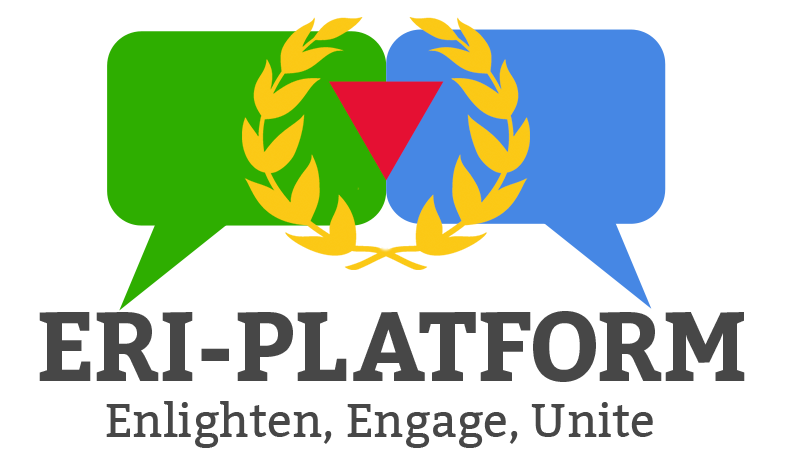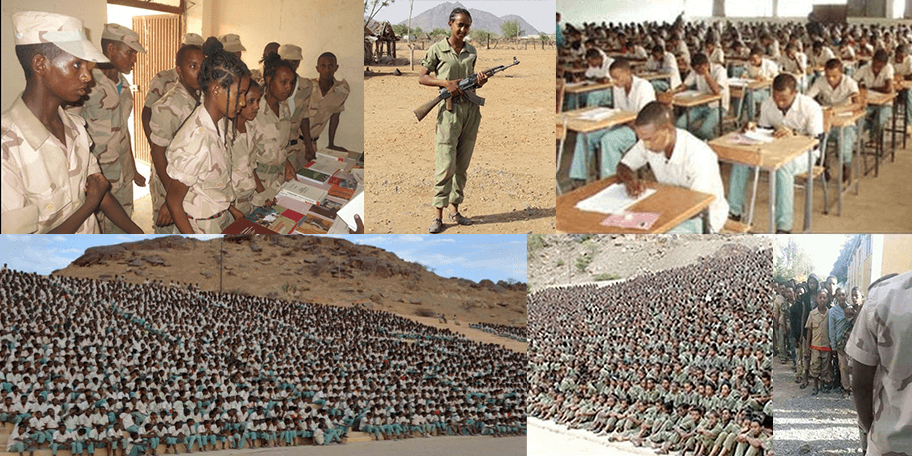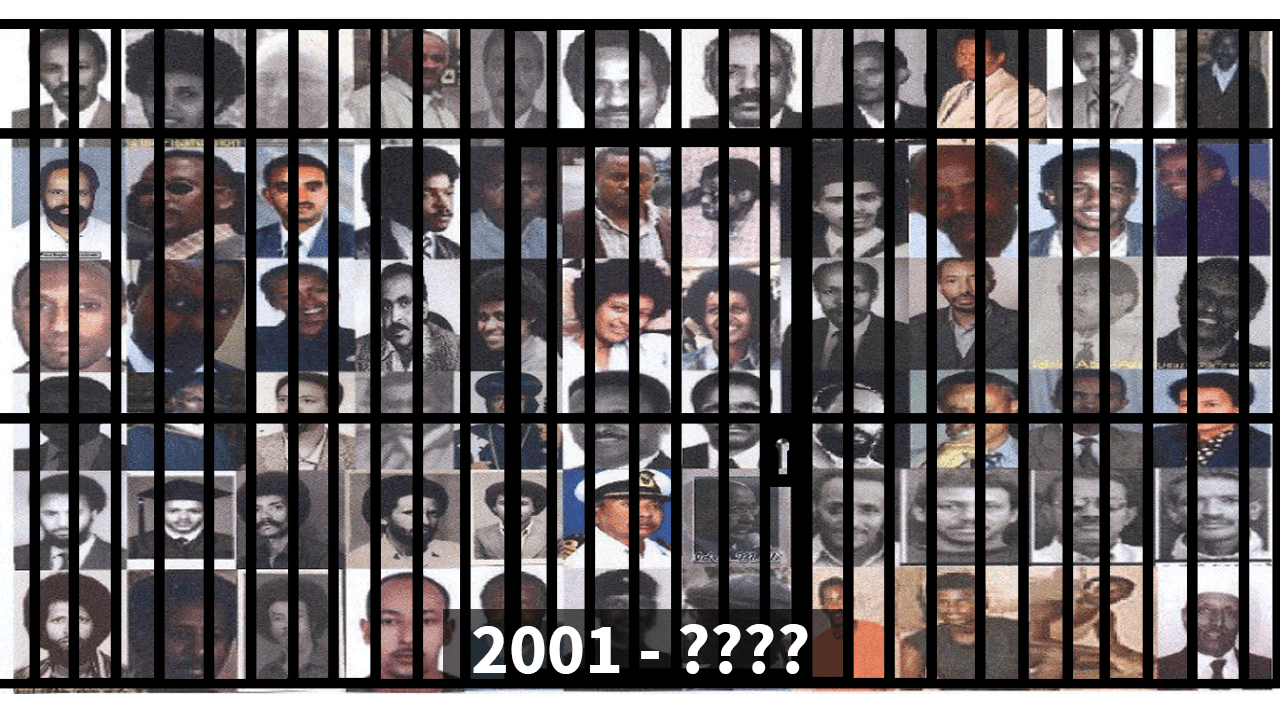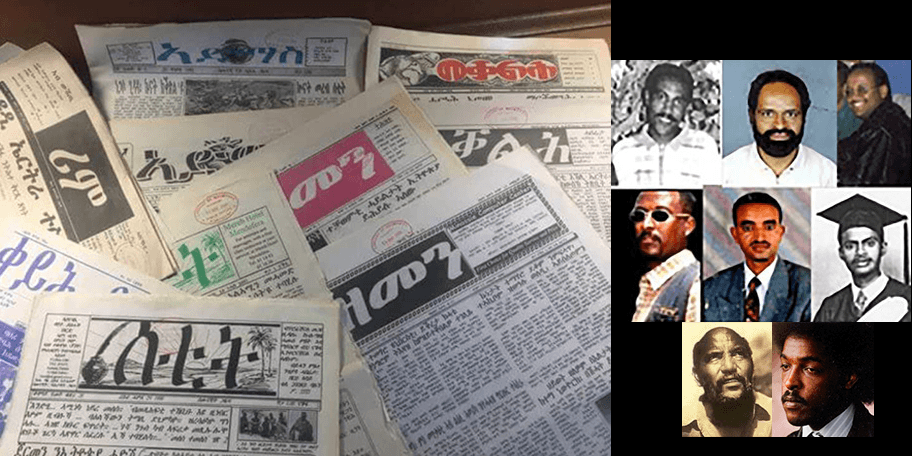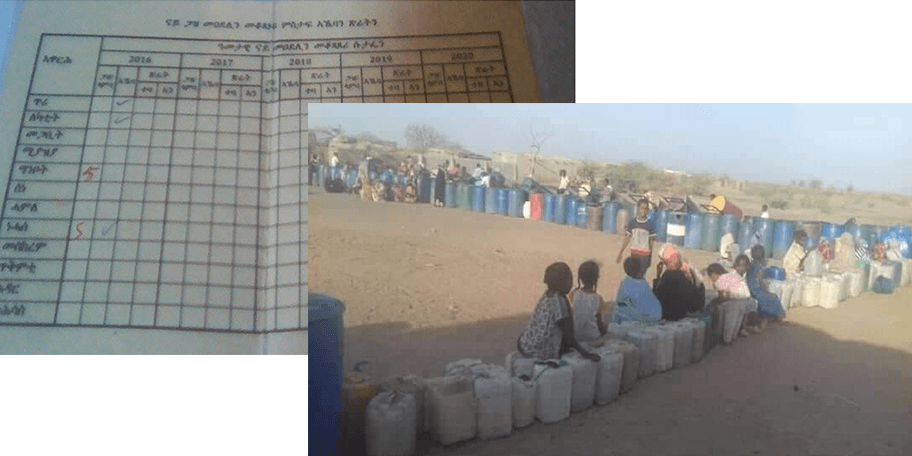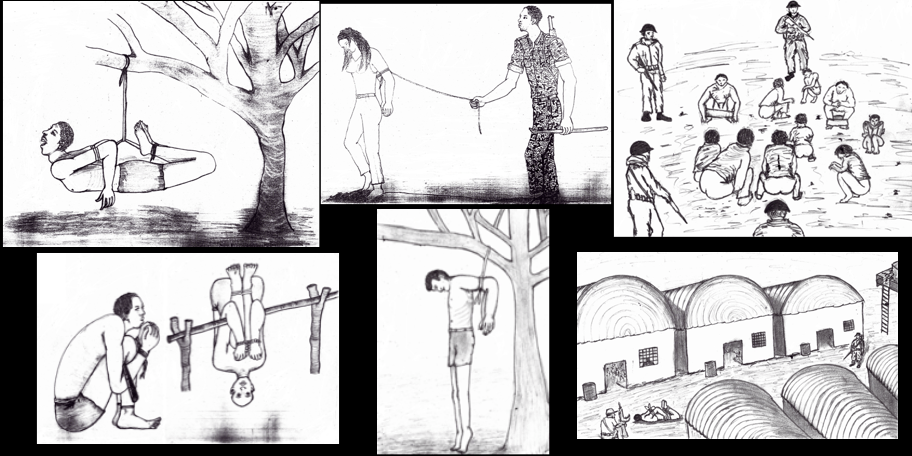United Nations
New York, N.Y.
4 November 2019
Dear Deputy General Secretary,
It is good to hear of your visit to Eritrea and the welcome you received there. How strange that not a single member of the UN Human Rights Council has ever been invited or allowed to visit this country –especially the one person who should have been given access to every part of that country, the UN Special Rapporteur on Human Rights in Eritrea, a refusal which is not just an insult to the UN but clearly a decision taken to ensure that the truth about what is happening in Eritrea should not be seen.
The one subject that we can agree with you about is your mention of “a country that has come out of war into peace” and “the importance of keeping the peace”. The peace between Ethiopia and Eritrea is certainly to be welcomed. But please do not credit the President of Eritrea with this achievement; the whole process was initiated and led by Prime Minister Abiy Ahmed of Ethiopia. Unfortunately, Eritrea has since stopped further progress: its Embassy in Addis Ababa is still closed, and the border crossings between the two countries, opened as part of the peace process, have now been closed on the Eritrean side.
It is interesting to note, Ms Mohamed, that you were only in Eritrea for two days! Amazing also that you think you know so much about the country from just 48 hours there, with all the arrangements made for you by the regime in Asmara, so that you could never meet anyone but those chosen by the authorities and should never hear any opinions than those acceptable to the government. Has it possibly crossed your mind that, outside this narrow state-controlled experience, there might be a very different picture? –the one researched and verified by your own United Nations experts –the Special Rapporteur on Eritrea and the UN Commission of Inquiry into Human Rights in Eritrea?
You noted that Eritrea is “working to develop its own economy”, and that “the delegation visited several projects including Mislam Dam, the Nefasit-Dekemhare-Serha road” and “the road that connects to Ethiopia”, which clearly impressed you. However, have you any real knowledge of how the Eritrean economy is run or the main beneficiaries of it? Or of who build the dams and construct the roads? A state-controlled economy which allows no free enterprise is primarily focused on the extraction of mineral wealth by foreign companies using Eritrean National Service personnel as slave labour. Major profits go to the companies abroad and much of the rest of the benefits are believed to end up in the personal bank accounts of members of the Eritrean regime. The agricultural sector is so starved of investment and development and so beset by drought that it is in a critical condition. The road to Ethiopia is primarily receiving investment because there are plans for the developing petroleum resources in Ethiopia to be transported or piped to a port in Eritrea.
It was interesting to note your admiration for Eritrea’s “unity”, and your tribute that “There aren’t many countries that are as unified as you are”. It may perhaps have escaped your notice that totalitarian states which impose order by military control, arbitrary imprisonment, enforced disappearances, and torture (all attested to as endemic in Eritrea by the UN Commission of Inquiry) have no difficulties with parliamentary opposition, democratic demonstrations, or a critical media; since there is no parliament, no independent media, and demonstrators are shot, Eritrea’s rulers face none of these “problems”. No wonder then that there appears to be calm, and tourists, who come for two days “can see and feel encouraged by the stability”.
You are quite correct of course to be concerned about the young people of the country. They are the future. It is true that, since the 1980s liberation struggle, (as you say) “young people and … Eritrean women … have been on the forefront in the struggle for freedom”. But the sad truth is that they are still struggling for freedom. If all is going so well for young Eritreans in their home country, it is strange that 5,000 young people a month are leaving the country by whatever means they can to find sanctuary elsewhere; and that Eritrea’s top sportsmen playing abroad leave their team to claim asylum in a foreign country rather than return home. You are much more likely to hear the truth about what is going on in Eritrea by visiting Eritreans now living outside their country in neighbouring countries’ refugee camps and displacement camps than from a two-day official tour organized for you by the unelected regime and its yes-men and women in Asmara.
It is also good to hear you mention “the intergenerational cooperation of the youth and the old working together”.Perhaps this may be found in hoards of people of all ages still engaged in the Eritrean National Service? There is no time limit for how long young people are required to continue in National Service, either military or in construction industries or mining. One Eritrean man was still forced to continue in National Service at the age of 68. Those who joined the Eritrean National Service in 1994 when it was first established can find themselves still held in the service against their will 25 years later with monthly pocket money. Have you considered perhaps whether this is why some young Eritreans wish to leave their country?
You also praise the “gender equality” you have observed. This was certainly true at the time of the original liberation struggle against Ethiopia. But if you mentioned “gender equality” to former female recruits in the Eritrean military now outside the country, they would tell you horrific stories of sexual abuse, enforced slavery, rape, and enforced abortion.
For this reason, you are right to raise the question of “challenges and gaps… in … human rights”. There are indeed dreadful gaps in the human rights left unprotected in Eritrea. The fundamental human rights enjoyed elsewhere do not exist; to mention but a few:
- There is no right to Freedom of Movement (no one can leave the country without permission)
- Religious Freedom does not exist: tens of thousands are imprisoned for their beliefs.
- There is no Independent Judiciary, and tens of thousands are imprisoned without charge or trial for years.
- There is no freedom of expression or speech or independent media.
May I ask you therefore to understand that the Eritrea you saw in your brief visit was a distorted and censured picture entirely controlled by the unelected authorities in Asmara. May I also suggest with the greatest emphasis, that, as a UN official, you read the whole report of the UN Commission of Inquiry and the reports which has been compiled by the Special Rapporteur into Human Rights in Eritrea before you express opinions based on first impressions and a 48 hours’ visit. By failing to do proper research, you have also voluntarily become the Eritrean regime’s public relations person.
Yours faithfully,
Elizabeth Chyrum
Director,
Human Rights Concern-Eritrea
